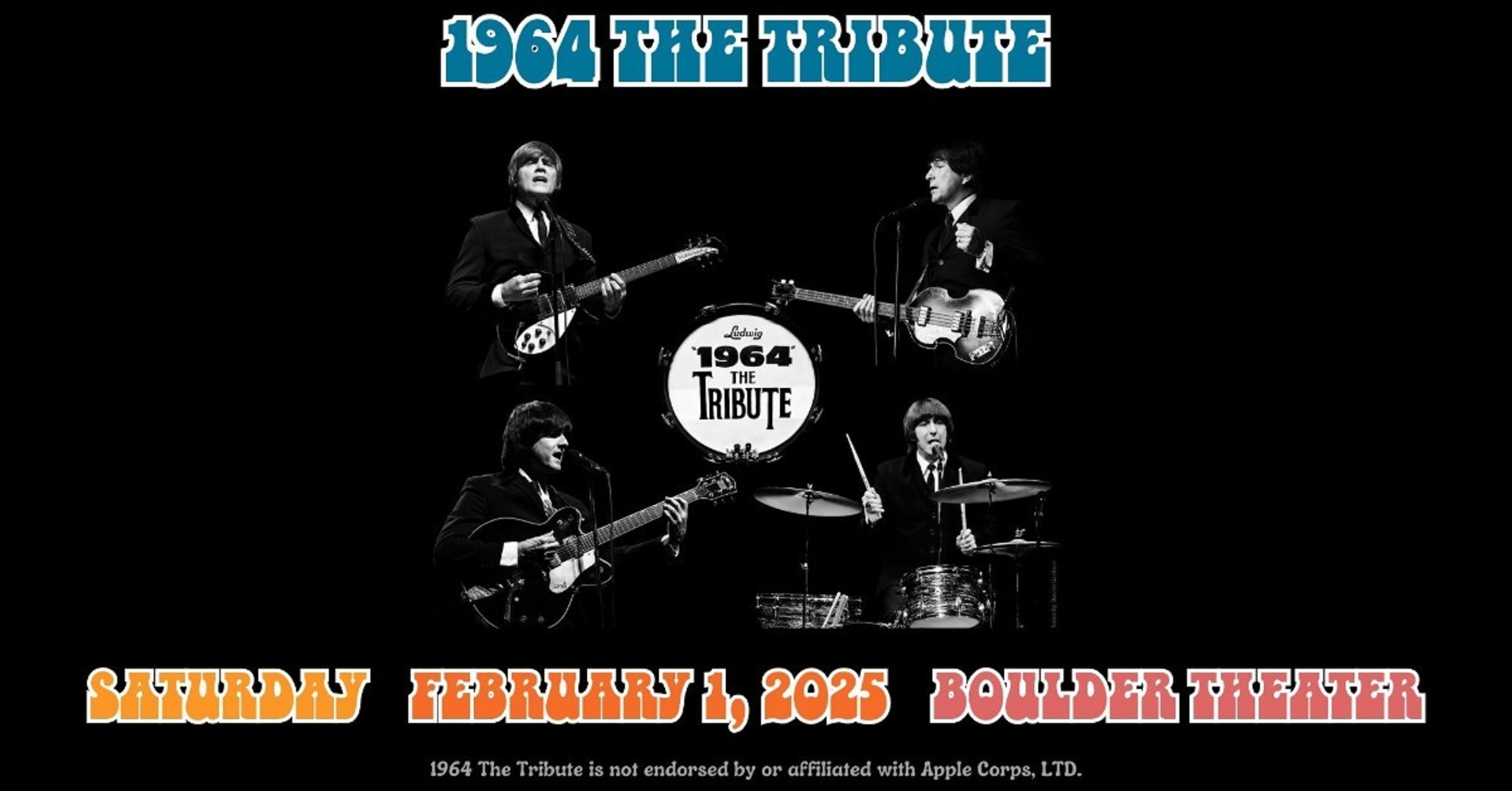KGNU & Boulder Weekly are proud to present Ladysmith Black Mambazo at the Boulder Theater on Thursday, January 26th, 2012. Tickets go on sale Friday, October 7th for $30 General Admission, $35 Reserved & $40 Gold Circle.
For more than forty years, Ladysmith Black Mambazo has married the intricate rhythms and harmonies of their native South African musical traditions to the sounds and sentiments of Christian gospel music. The result is a musical and spiritual alchemy that has touched a worldwide audience representing every corner of the religious, cultural and ethnic landscape. Their musical efforts over the past four decades have garnered praise and accolades within the recording industry, but also solidified their identity as a cultural force to be reckoned with.
Assembled in the early 1960s, in South Africa, by Joseph Shabalala – then a young farmboy turned factory worker – the group took the name Ladysmith Black Mambazo – Ladysmith being the name of Shabalala’s rural hometown; Black being a reference to oxen, the strongest of all farm animals; and Mambazo being the Zulu word for axe, a symbol of the group’s vocal ability to “chop down” all things in their path. Their collective voices were so tight and their harmonies so polished that they were eventually banned from competitions – although they were welcome to participate strictly as entertainers.
Shabalala says his conversion to Christianity, in the ‘60s, helped define the group’s musical identity. The path that the axe was chopping suddenly had a direction: “To bring this gospel of loving one another all over the world,” he says. However, he’s quick to point out that the message is not specific to any one religious orientation. “Without hearing the lyrics, this music gets into the blood, because it comes from the blood,” he says. “It evokes enthusiasm and excitement, regardless of what you follow spiritually.”
A radio broadcast in 1970 opened the door to their first record contract – the beginning of an ambitious discography that currently includes more than forty recordings, garnering three Grammy Awards and fifteen nominations, including one for their most recent recording Ilembe: Honoring Shaka Zulu. Their philosophy in the studio was – and continues to be – just as much about preservation of musical heritage as it is about entertainment. The group borrows heavily from a traditional music called isicathamiya (is-cot-a-ME-Ya), which developed in the mines of South Africa, where black workers were taken by rail to work far away from their homes and their families. Poorly housed and paid worse, the mine workers would entertain themselves after a six-day week by singing songs into the wee hours on Sunday morning. When the miners returned to the homelands, this musical tradition returned with them.
-






















